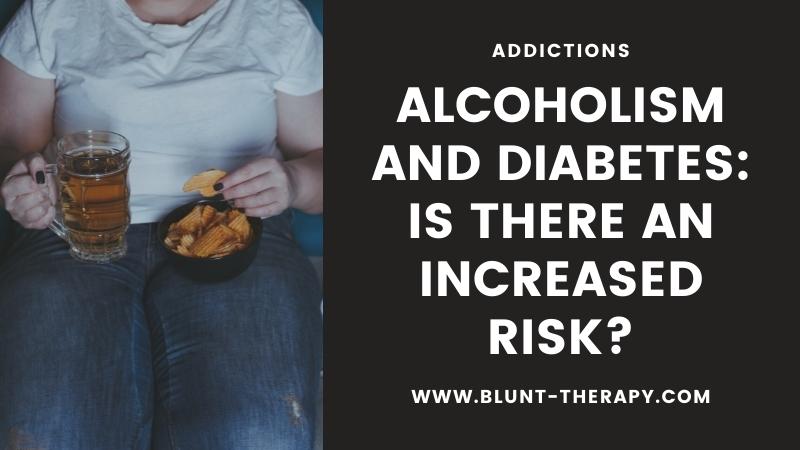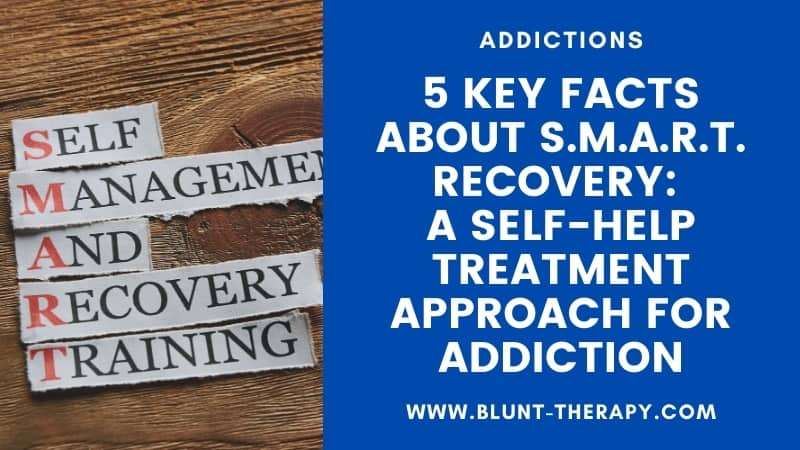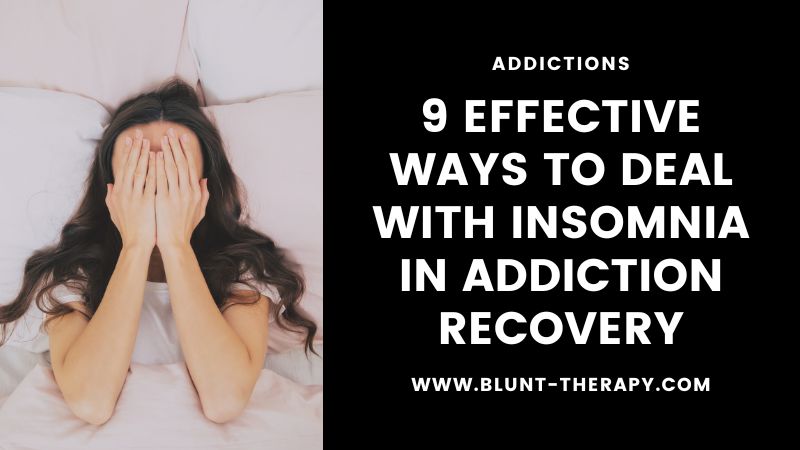Table of Contents
Affiliate link notice: As an affiliate of BetterHelp and other third-party vendors, We will receive compensation if you make a purchase using the links provided on this page. For more information, visit our disclosure page.
Last Updated on November 23, 2023 by Randy Withers, LCMHC
Post pandemic is a new game for anyone struggling with a substance use disorder or co-occurring disorders.
Finding the right help to manage addiction, mental health, and lingering pandemic stress is more important than ever
Here are five tips for finding the best drug and alcohol rehab post-pandemic. Know the severity of the problem, attend a detox, find the best counseling or therapy, commit and start the admission process, and arrange for aftercare support.

5 Tips to Find the Best Drug and Alcohol Rehab
#1 Know the Severity of the Problem
In 2020, most adolescents and adults perceived an adverse effect of the COVID-19 pandemic on their mental health. Stressors and feelings of social isolation during the pandemic were common underlying factors that increased addiction and mental health issues.
Regardless of how the problem began, take the first step with an assessment or evaluation.
What is an addiction assessment?
It is the first step on the journey to long-term recovery from substance use disorders or co-occurring disorders. Addiction professionals ask a variety of questions. The answers given by the client provide help to form a treatment regime and diagnosis.
There is a difference between assessment and screening.
“Screening is a process for evaluating the possible presence of a particular problem. The outcome is normally a simple yes or no.”
“Assessment is a process for defining the nature of that problem, determining a diagnosis, and developing specific treatment recommendations for addressing the problem or diagnosis.”
Common assessment or screening tools include:
- CRAFT 2.0—Designed for children 12 to 18 years and is endorsed by the American Academy of Pediatrics Committee on Substance Abuse.
- Drug Abuse Screening Test—This is a yes or no survey with an option for self-screening. Generally, an addictions professional does the assessment.
- Tobacco, Alcohol, Prescription Medication, and Other Substance Use (TAPS)—This tool uses a combined screening component followed by a brief assessment. It is meant to be used under a medical provider’s supervision.
- Brief Screener for Alcohol, Tobacco, and Other Drugs (BSTAD)—This tool uses questions to identify risky substance use by adolescent patients.
#2 Drug and Alcohol Detox—What Is It, and Is it Required?
Detox is primarily there to manage withdrawal symptoms. Drug or alcohol withdrawal is a physiological response to the sudden quitting or slowing of using a substance the body has grown dependent on.
Withdrawal symptoms vary. It involves a combination of physical, mental, and emotional symptoms. Some of which are dangerous or even life-threatening.
Social and medical detoxification facilities manage varying degrees of withdrawal.
Social Detox Centers:
- Supervised by qualified professionals.
- Medications are not used to mitigate withdrawal symptoms.
- Patients have access to a licensed counselor and trained professionals to help through withdrawal.
- Some counseling is provided, but it is the first step in recovery.
Medical Detox Facilities:
- Medical professionals assist patients through the withdrawal process.
- Medication is used to manage and alleviate withdrawal symptoms.
- Generally for severe substance use disorders, like alcoholism or pain medication addiction.
- The process may last one to two weeks but depends on multiple factors.
Why is detoxification necessary?
Detox is the process of clearing drugs or alcohol from the body. The average person entering a rehab center has not been clean from drugs or alcohol for multiple days.
Depending on the extent of addiction and the amount of tolerance the individual built up, one of these two detox methods is necessary.
However, there are situations where some clients enter treatment after being sober for days or weeks. Generally, they would receive their initial assessment and begin their program.
#3 Determining Counseling and Therapy Methods
Addiction is different for every person. Part of the initial assessment or screening determines what therapy methods and treatment approaches are the best choices.
There are some things to take into consideration and principles for effective treatment, such as:
- The program length. Long-term treatment provides more counseling approaches. Shorter treatment tends to be limited yet is also effective.
- Past experiences with drug and alcohol rehab. For example, most people attempt 12-step programs but now require individual therapy.
- Underlying issues, such as co-occurring disorders.
12 Step Facilitation Therapy
Twelve-step facilitation or therapy is an active engagement strategy designed to help a person become actively involved in a 12-step self-help group. Residential and outpatient drug rehab programs use 12-step approaches. In addition, 12-step meetings are common in every city and most small communities.
Behavioral Therapies
Behavioral therapy is one of the most recognized evidence-based approaches to treating addiction. These approaches help engage patients in treatment. In addition, it provides incentives for them to remain sober, modifies their attitudes, and increases life skills and other abilities.
Behavioral therapies include:
- Cognitive-Behavioral Therapy
- Contingency Management Interventions or Motivational Incentives
- Community Reinforcement Approach
- Motivational Enhancement Therapy
- Family Behavior Therapy
Experiential Therapy
Traditional talk therapy is effective. Yet, many individuals require other therapeutic or non-traditional approaches. Experiential therapy engages the patient’s emotions, making it effective in treating substance use disorders.
The primary purpose is to explore subconscious thoughts and emotions. Generally, this is done through guided imagery, role-playing, and other activities:
- Art therapy
- Music therapy
- Equine therapy and other animal-assisted therapies
- Creative writing or poetry therapy
- Adventure therapy (wilderness expeditions, ropes courses, ziplining)
- Play therapy
- Drama therapy (psychodrama)
While this form of therapy is not for everyone, it has proven effective in certain conditions. It is important to note that individuals who are cognitively impaired, physically unable to participate, or experiencing symptoms of psychosis may not benefit from this therapy.
#4 Commit to the Program and Begin Admission
There will be numerous options to consider throughout the search for a drug and alcohol rehabilitation center.
However, once the initial assessment is complete, detox is arranged, and the rehabilitation pathway is determined, it is time to commit to a program. Ideally, any facility that is selected should be licensed and accredited.
Approximately 94% of the drug and alcohol treatment programs in the United States have licensing, certification, or accreditation. Most facilities are certified or accredited through the following:
- State substance abuse agency.
- State mental health department.
- State department of health.
- The Joint Commission.
- Commission on Accreditation of Rehabilitation Facilities.
Additionally, it is also essential to verify the amount of insurance coverage. Drug and alcohol rehab is covered by private health insurance or government-subsidized insurance. Cost is a determining factor when choosing a rehabilitation facility.
Finally, unless a family intervention was conducted and admission occurred the same day, it is time to re-organize family and work responsibilities and commit to the program. It is not an easy step to take, but it will be the best decision.
#5 Think About Aftercare and Long-Term Support
The recovery journey can be a long process. Support is a key component in treatment. Community support is beneficial in several ways by providing the following:
- A sense of belonging.
- A safe & secure environment.
- Ability to escape one’s concerns.
- Helpful for loneliness & isolation.
- Providing hope for the future.
Recovery housing, for example, helps newly sober people. It provides support and helps individuals learn how to sustain long-term recovery. Sober living homes or halfway houses offer much of the same support.
Final Thoughts
Finally, twelve-step meetings or peer support groups are excellent methods to stay connected to other sober and like-minded individuals. The recovery process is different for every person, but having a support network after rehab is crucial.
If you or someone you love is struggling with a substance use disorder, make sure you take advantage of all the help and support that exists. Addiction is a cunning and insidious disease, and it is important that you never forget that.










This was educational, and gives simple steps to understand what to do with my friends addiction. thanks for this.